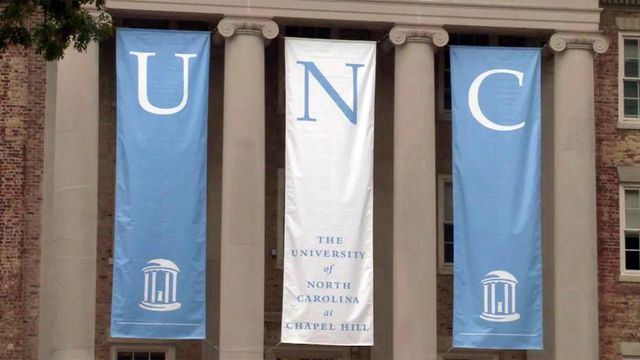Some UNC academic fraud records now searchable on WRAL
WRAL News has created an application to help reporters and others interested in sifting through the thousands of pages of academic fraud records to search for names and other keywords.
Posted — UpdatedWhat the university did not provide was a way for the public to easily search those records. The documents were posted as PDFs with no "readable" text encoded in the files, meaning readers can't search for names or other keywords and must look through the documents one by one.
For example, our app allows users to search for Butch Davis, UNC-Chapel Hill's former head football coach who was fired as the scandal began to brew in July 2011. His name returns 979 results, allowing readers to quickly find mentions of him in the documents, including many emails he sent and received.
Readers can also search for Julius Nyang'oro, a professor at the center of the scandal who chaired UNC-Chapel Hill's Department of African and Afro-American Studies. His name returns more than 1,981 results. A search for Mary Willingham turns up 858 results. She's the university's former academic adviser who spoke out against lax standards for student-athletes and has since written a book about the scandal.
Wainstein's 131-page report found student-athletes were given preferential treatment in the classroom and were specifically steered by academic counselors toward classes in the African and Afro-American Studies Department that rarely met and required only a paper to pass. Four employees were terminated or resigned as a result of the investigation. Six other employees still face a review by the university and could be disciplined.
UNC-Chapel Hill released the more than 200,000 documents gathered as part of the Wainstein Report in response to public records requests from The News & Observer and The Daily Tar Heel – the largest public records requests in the university's history, according to school officials.
How we created the app
• Credits
Copyright 2024 by Capitol Broadcasting Company. All rights reserved. This material may not be published, broadcast, rewritten or redistributed.






